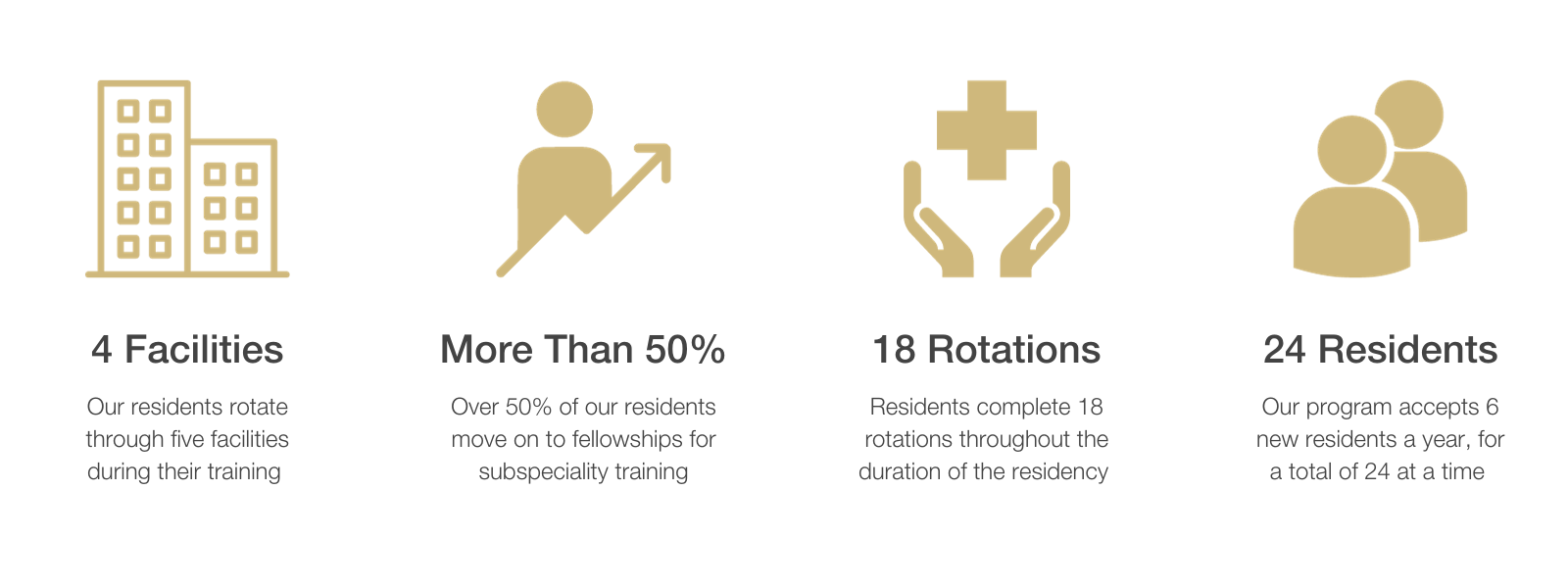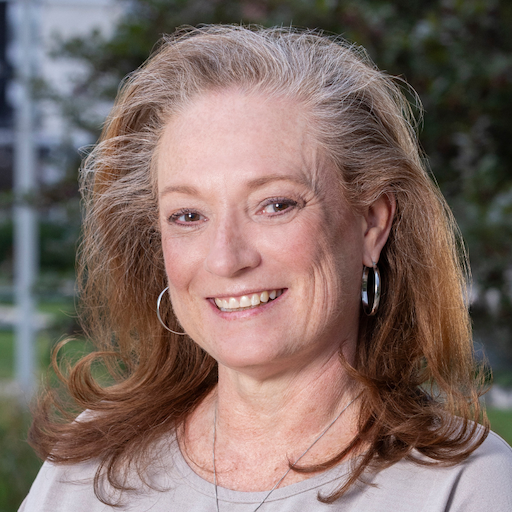Ophthalmology Residency Program 
The Ophthalmology Residency Program at CU Anschutz is designed to develop exceptional clinical judgment and surgical expertise. Residents gain a broad and immersive experience, with extensive exposure to both common and rare ophthalmic conditions across diverse clinical settings.
Resident development is supported by dedicated teaching faculty, innovative research programs, and structured educational sessions that reinforce a strong foundation of knowledge. High-volume clinics provide the right balance of autonomy and supervision, preparing graduates to become confident, highly skilled clinicians and future leaders in ophthalmology.
By the Numbers 

Training Experience 
Following an intern year in partnership with the CU Anschutz Department of Internal Medicine, residents complete three years of comprehensive ophthalmology training. Educational experiences include faculty-led lectures, journal clubs, weekly clinical conferences, and structured wet labs that build clinical knowledge, critical thinking, and surgical skills.
As the region’s only academic medical center, residents train across multiple university-affiliated hospitals serving patients from Colorado and surrounding states, including the VA, Denver Health, Children’s Hospital Colorado, and the Sue Anschutz-Rodgers Eye Center at CU Anschutz. High surgical volume and diverse clinical exposure create a rigorous and supportive learning environment that prepares residents to become skilled ophthalmologists.
Additionally, The CU Anschutz Department of Ophthalmology is one of only a few academic eye centers in the United States with an ophthalmic hospitalist who support residents.
The University of Colorado Ophthalmology Residency Program is accredited by the Accreditation Council on Graduate Medical Education (ACGME).
Residency Rotations 
Residency Program Leadership 

Renee Young
Residency Program Coordinator
[email protected]
[email protected]
.png?sfvrsn=9033d9b4_1)
.png?sfvrsn=5833d9b4_1)
.png?sfvrsn=ad34d9b4_1)